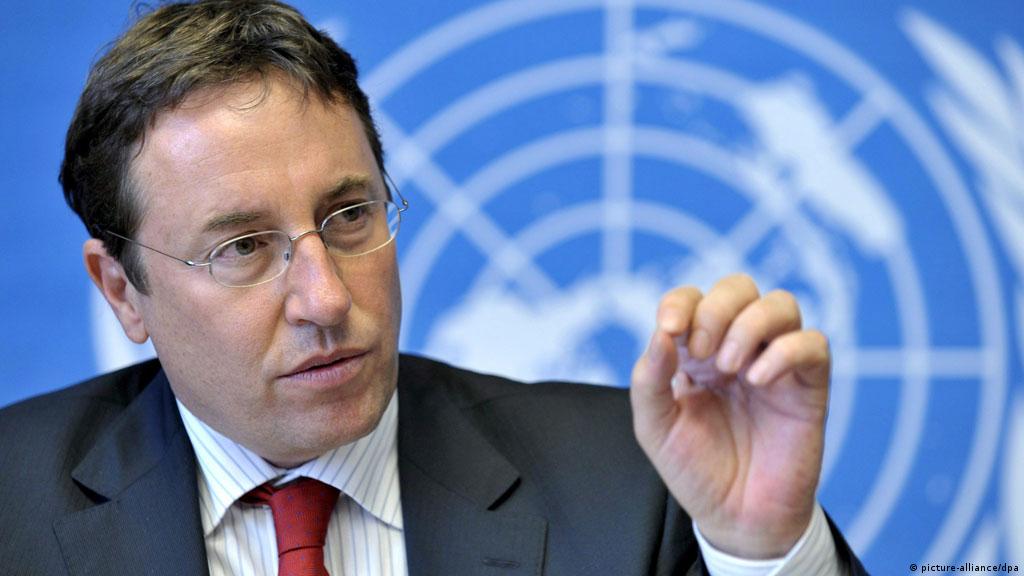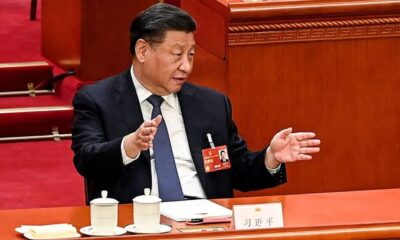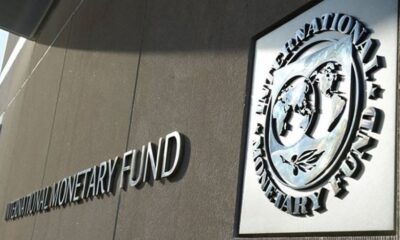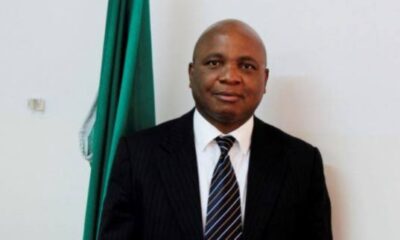The United Nations Development Programme (UNDP) has warned that 54 countries across the world need immediate debt relief.
A senior official of the UNDP, Achim Steiner, called for measures, including writing off debt, offering wider relief to greater numbers of countries and even adding special clauses to bond contracts to provide breathing space during crises.
The number of countries in the crises account for more than half of the world’s poorest people, and are already in some sort of debt crisis, to avoid even more extreme poverty while giving them a chance of dealing with climate change.
The debt profile of many developing countries has reached disturbing states. So much so that, the president of one of Africa’s leading powers, Muhammadu Buhari of Nigeria at the last United Nations General Assembly called for debt cancellation for developing countries.
In Buhari’s Nigeria for instance, the public debt profile has risen significantly. The World Bank Fiscal 2022 audited financial statements for International Development Association (IDA), revealed the country now owes a debt stock of $13bn as of June 30, 2022.
Other countries like Zimbabwe, Zambia, Chad, Ghana, and Tunisia to mention a few are also in the thick of economic and financial crises. Earlier in the week, a senior official of the International Monetary Fund, IMF, Kristalina Georgieva, argued debt restructuring arrangements for Zambia and Chad completed shortly.
External debts are not as contentious in many African states as the discipline to expend the funds appropriately on development-centered projects, which has always been a course for concern amidst the nature of corruption and wastefulness that characterizes the political and public system in Africa.
Another case study of Nigeria, whose president recently presented its 2023 proposed budget to its national legislature revealed that the office of the President and his Vice proposed to expend a whopping N11.92bn on local and foreign trips and the presidential air fleet. For a country in a debt mess and dwindling economy, more prudent measures for public expenditure are necessary.


 Sports2 days ago
Sports2 days ago
 Metro2 days ago
Metro2 days ago
 Metro1 day ago
Metro1 day ago
 Culture2 days ago
Culture2 days ago



































